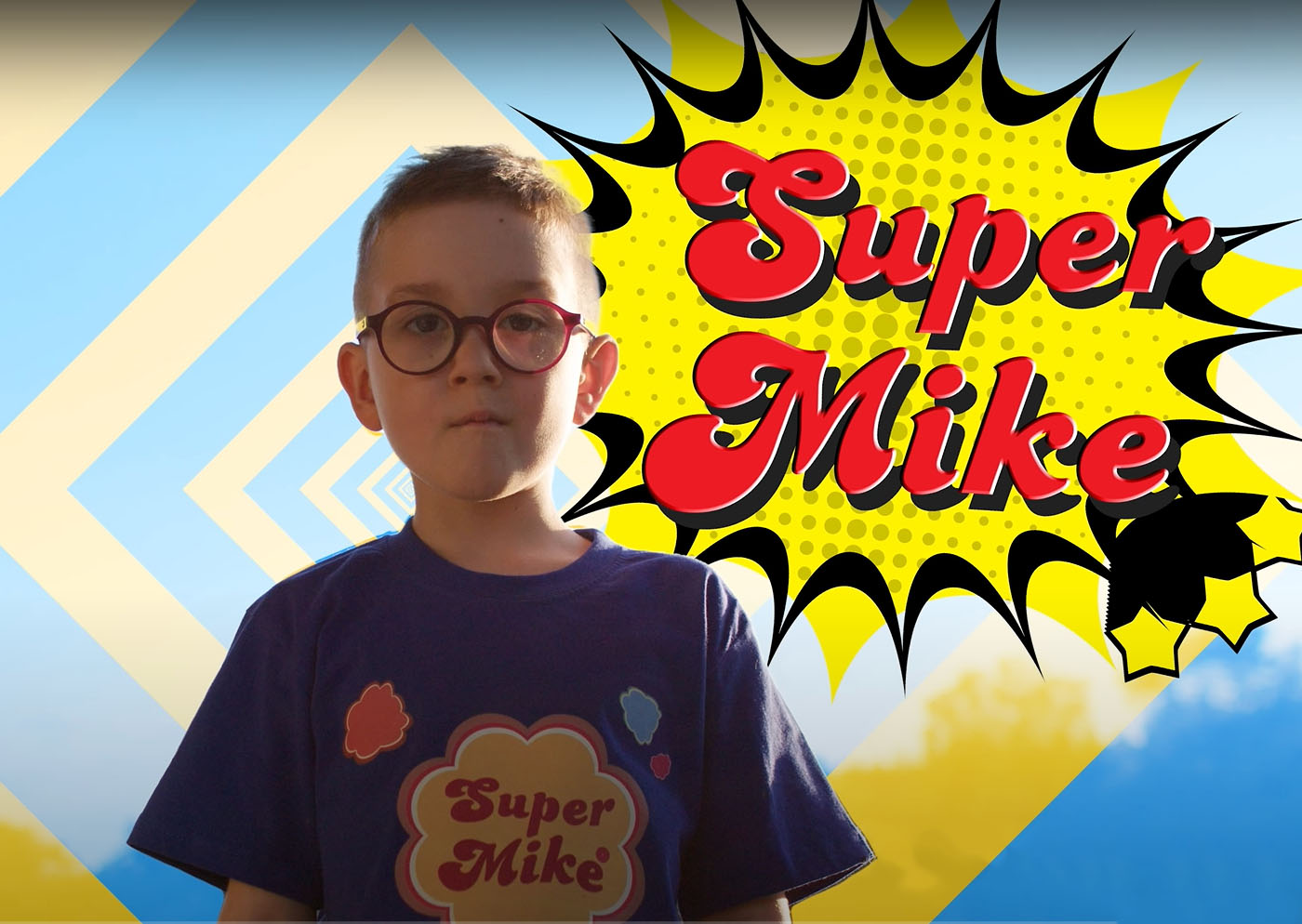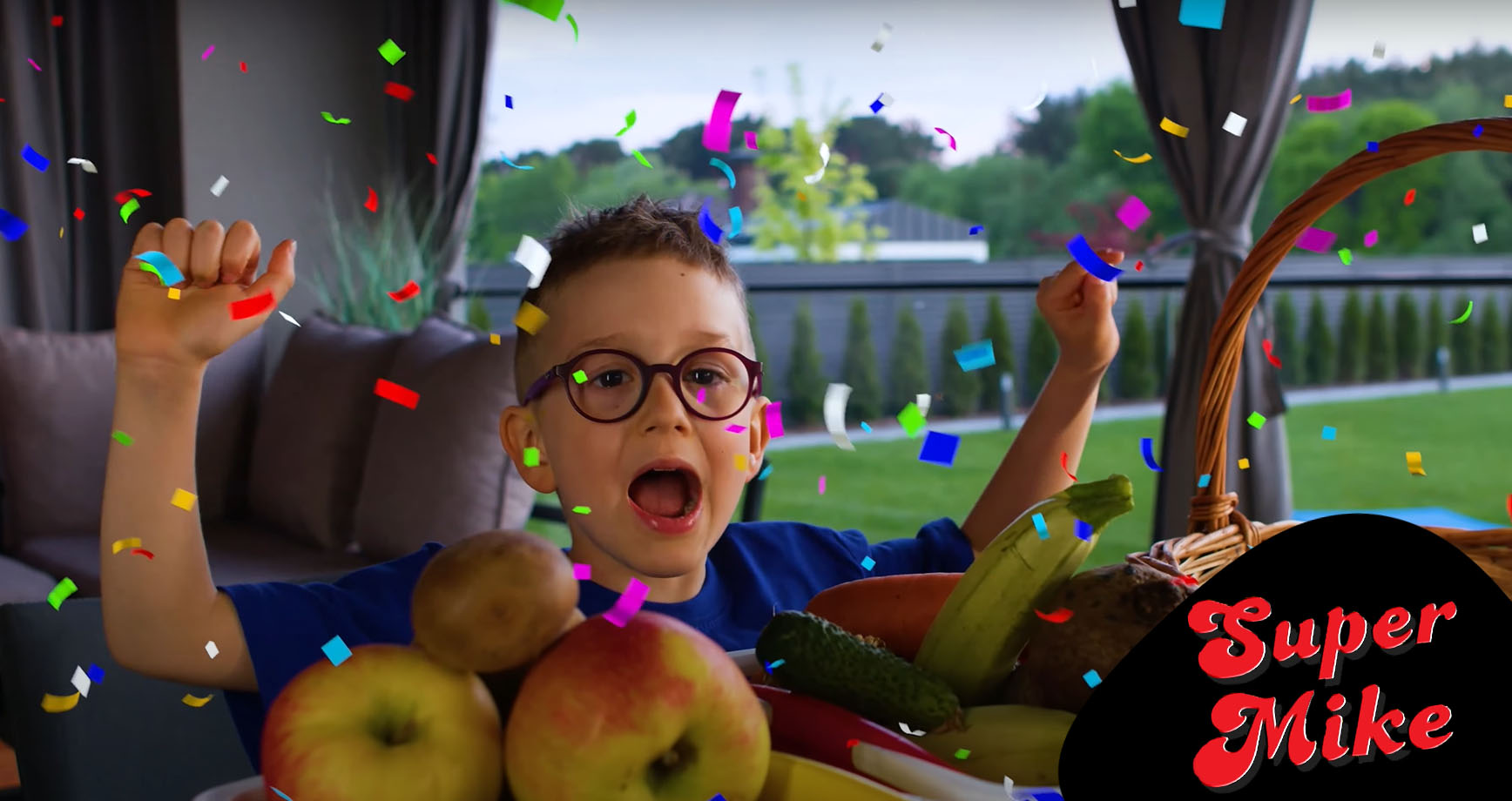Uncategorized
How YouTube Affects Children
Many parents are concerned about the impact of YouTube on their children and wonder whether watching children’s video content can be beneficial and contribute to their development. YouTube has become an essential platform for many families, serving as a helpful tool in challenging situations. However, it is crucial to ensure that the blogs children watch are safe and have a positive influence. In light of this, our editorial team sought advice from psychologist Svitlana Soldak to analyze popular children’s blogs and understand their impact on children’s minds.
What Do Children Watch on YouTube?
Children’s content on YouTube offers a range of influences. The platform provides diverse video content that can be both entertaining and educational. Bloggers inspire creativity and contribute to skill development. However, there are also potential dangers, such as violence, profanity, and unethical behavior. Some bloggers promote unrealistic beauty and lifestyle standards, which can affect children’s self-esteem. Excessive screen time has negative effects on children’s physical and mental health, as well as their social life. Let’s explore a few popular YouTube bloggers that parents should pay attention to and understand how their videos impact children.
YouTube Channel: MelliArt
MelliArt is one of the pioneering children’s YouTube channels in Ukraine, founded eight years ago by Arthur and Melissa. Their enchanting stories have captivated young viewers. The MelliArt channel offers challenges, skits, games, and gift exchanges. Occasionally, their father also makes appearances in the videos.
The positive aspects of MelliArt include entertainment, fostering creativity, and a sense of belonging. However, it is essential to monitor the amount of time children spend in front of the screen. Parents play a crucial role in regulating their children’s YouTube consumption. Implementing time limits and engaging in discussions about the content will help establish healthy usage habits for this platform.
Parents should be mindful of the influence of advertising and social comparison. Children may develop unrealistic expectations or feelings of inferiority if they fail to meet the presented standards.

YouTube Channel: SuperMike
Welcome to the world of five-year-old Mykhailo and his thrilling adventures on the YouTube platform. The content presented on this channel can inspire children to engage in exciting games, dance, sports, and music, and dive into virtual worlds.
These videos help enhance children’s logical thinking, creativity, and imagination. Solving the puzzles and tasks presented by Misha aids in developing logic and also cultivates patience and perseverance.
Misha’s video blog can be considered safe for several reasons. Firstly, the content focuses on entertaining and teaching children various skills, stimulating their mental and emotional development. Secondly, Mykhailo’s blog offers puzzles and tasks that foster logical thinking. Lastly, the video content on Misha’s blog brings positivity and enjoyment, creating a favorable emotional impact on children’s psyches. The joy, laughter, and interaction with other characters on the platform contribute to a positive perception of the world.
While joining Mykhailo and having fun with him, it’s important to remember the significance of active parental involvement in their child’s online life and ensuring a safe and positive online experience.

Little Miss Sofia’s YouTube Blog
Discover a blog about 4-year-old Sofia, who adores candy canes and ponies, available on YouTube. Sofia’s mother, an artist, provides diverse and informative videos, including art, sculpting, drawing, and toy and Kinder Surprise reviews.
The positive aspects of this content involve entertainment, enhancing creative skills, and stimulating imagination. Children can learn and develop by following Sofia and her mother.
However, parents should be mindful of the potential negative impact, as YouTube videos are created by adults and do not always depict reality. This can lead to disappointment for children if they are unable to replicate or have similar experiences.
Parents need to engage in discussions with their children about what they see on YouTube and help them understand that it is entertainment that may not always reflect reality.
Can Children Create YouTube Videos?
Many children are interested in creating their video content and becoming video bloggers on the YouTube platform. They aspire to share their hobbies, talents, and ideas with others online. Making videos can be a means for them to express themselves, enhance their creative skills, and improve their communication abilities.
However, before children embark on creating their blogs, it is crucial to consider several factors. Ensuring your child’s safety in the online environment is paramount, as well as monitoring what they create and publish. Parents can engage in discussions about Internet usage rules with their children and teach them the fundamentals of digital literacy and ethics.
Alternatively, parents should ensure that children do not become excessively reliant on gadgets and the time spent on the YouTube platform. Striking a balance between online activities and other aspects of life, such as education, physical activity, and real-life interactions, is essential.

What Conclusions Can We Draw?
In conclusion, children’s videos on the YouTube platform have both positive impacts and risks. It can offer children entertainment, stimulate their creative and logical abilities, and foster self-expression.
SuperMike’s blog serves as an example of a safe and high-quality children’s video blog. Its content inspires children to engage in exciting games, dance, sports, and music, contributing to their holistic development. The puzzles and tasks presented in the video blog nurture logical thinking and perseverance. The positive atmosphere and interaction with other characters create a favorable emotional impact on children. The SuperMike channel provides safe and diverse videos that entertain and inspire children interactively and amusingly.













